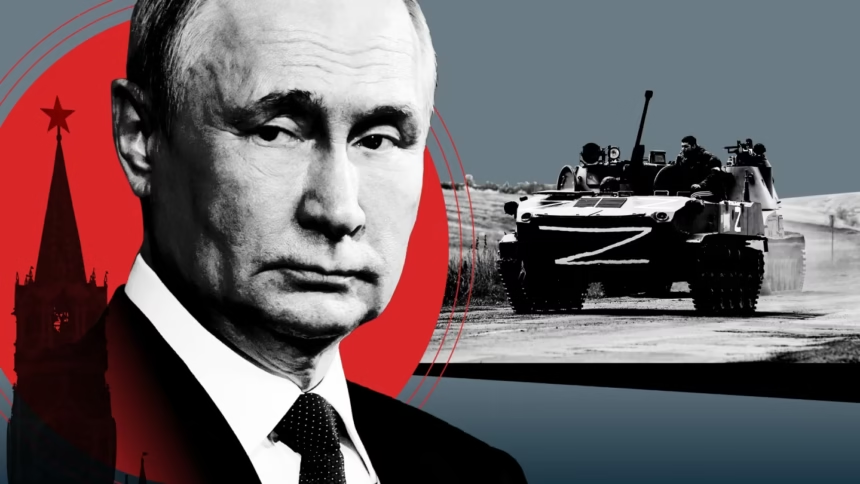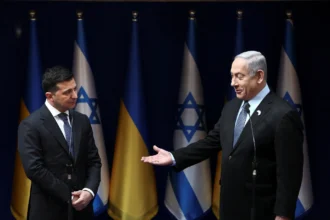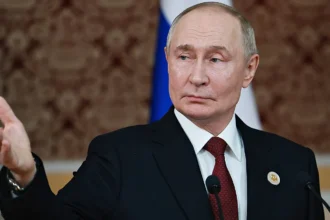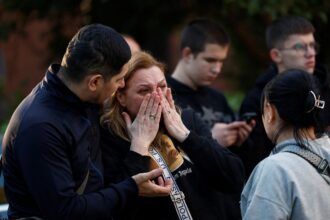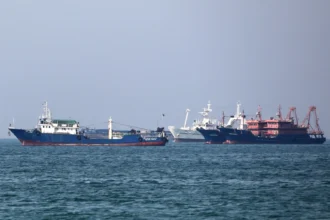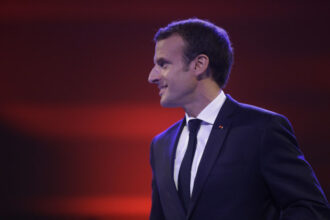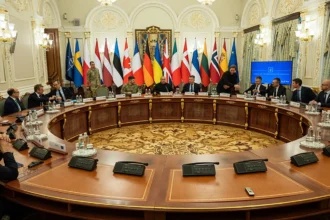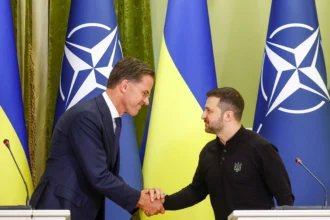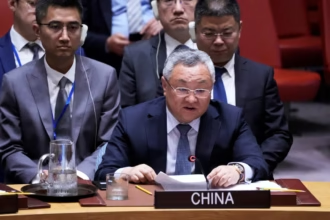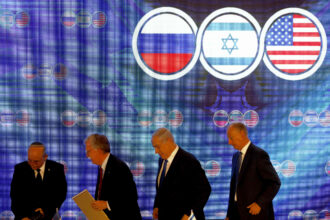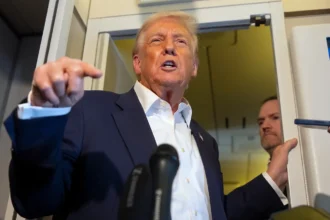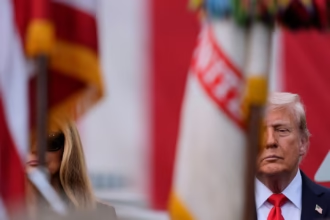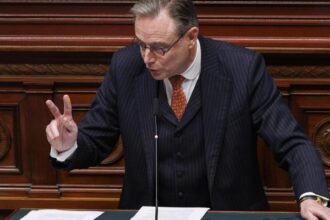Russia has declared its readiness to move forward with a new round of peace negotiations with Ukraine, signaling a potential diplomatic opening in the ongoing war. The proposed talks are expected to take place in Istanbul, where previous efforts at negotiation were also held earlier this year.
Key Developments
- Putin Signals Openness to Dialogue
President Vladimir Putin expressed that communication between Russian and Ukrainian negotiators remains active, and that Russia is prepared to resume formal talks in hopes of narrowing the gap between each side’s demands. - Humanitarian Gesture Included
As a sign of goodwill, Russia has offered to return the bodies of approximately 3,000 Ukrainian soldiers — a humanitarian step that has been emphasized as a way to build trust between the two sides. - No Date Set Yet
While Istanbul is being discussed as the preferred location for the next round, no official date has been confirmed. Russian officials have said discussions are ongoing to determine the conditions and scope of the meeting. - War Continues in the Background
Despite the diplomatic gestures, military actions remain active on both sides. Drone strikes and artillery exchanges continue across various fronts, underlining the fragile context in which these talks are expected to happen.
Why This Matters
| Issue | Significance |
|---|---|
| Diplomatic Momentum | Resuming direct negotiations could be a step toward a future ceasefire or longer-term peace framework. |
| Mediation Role | Turkey remains a neutral and strategically important host, increasing the chances of a meaningful outcome. |
| Humanitarian Trust-Building | Offering to return fallen soldiers shows a willingness to engage on sensitive, non-combat issues. |
| Fragile Progress | Ongoing violence reminds observers that peace remains uncertain and conditional. |
Final Thought
While both sides remain far from a final agreement, the willingness to resume dialogue in Istanbul reflects a slight shift toward diplomacy. Whether this round leads to lasting change will depend on political will, international pressure, and the ability to de-escalate military tensions in parallel.

